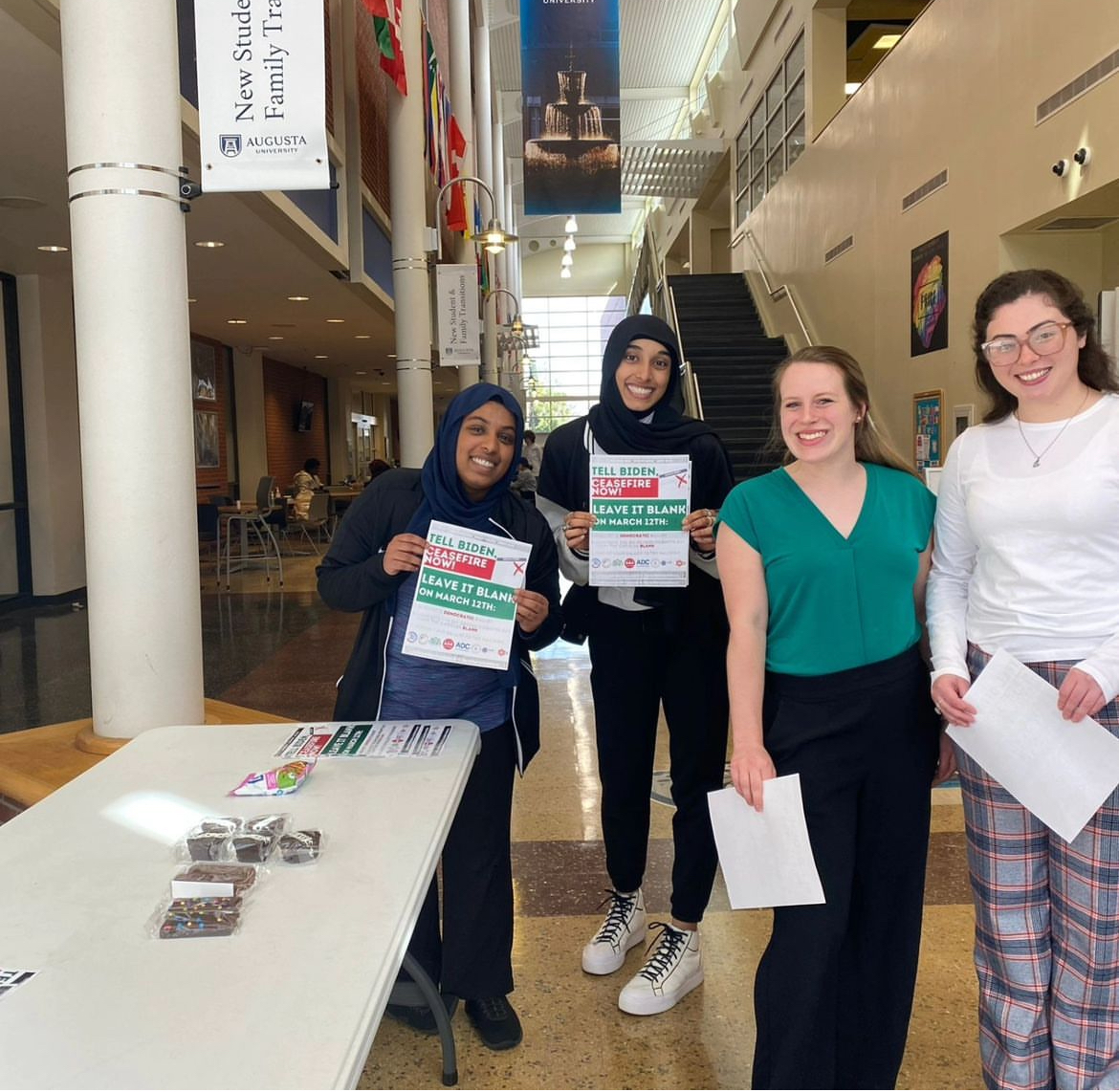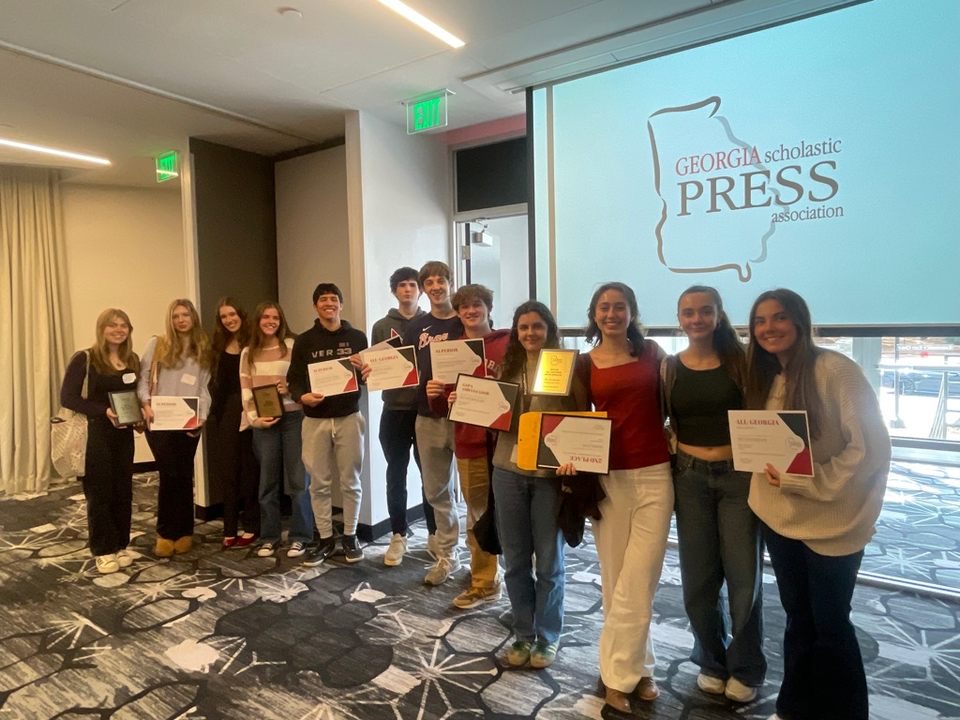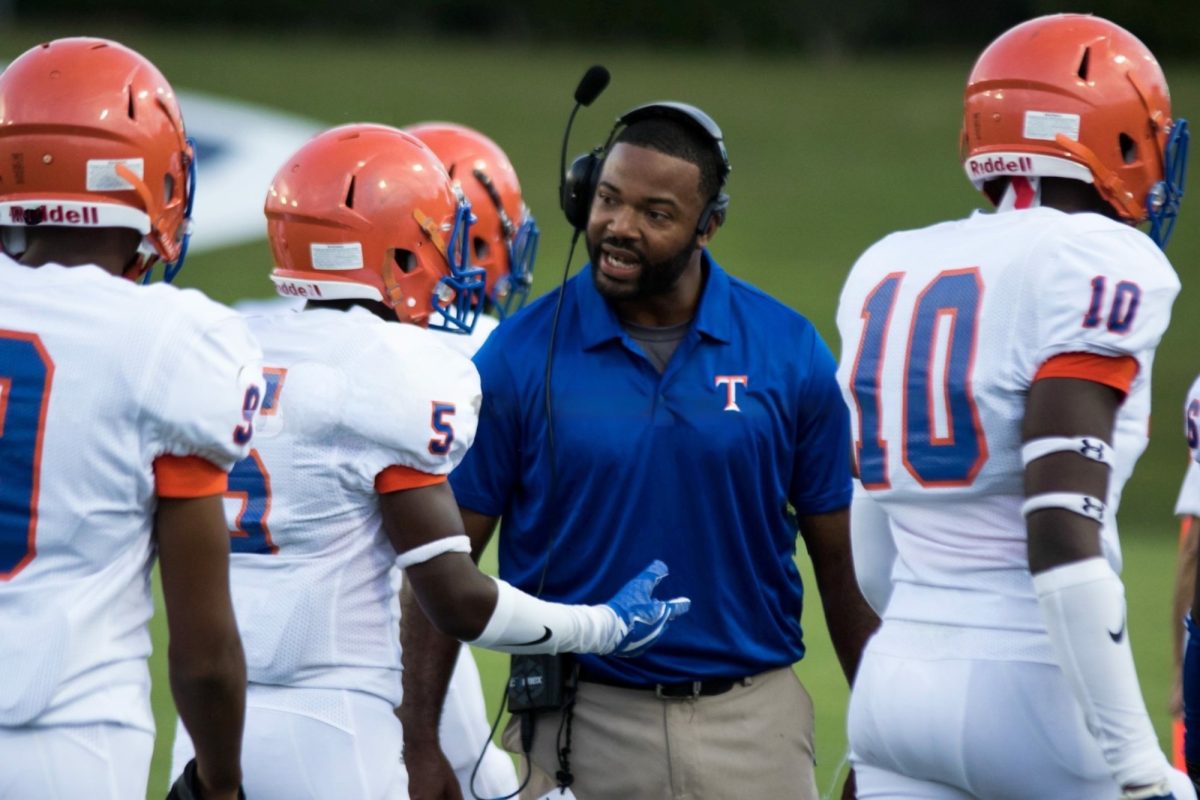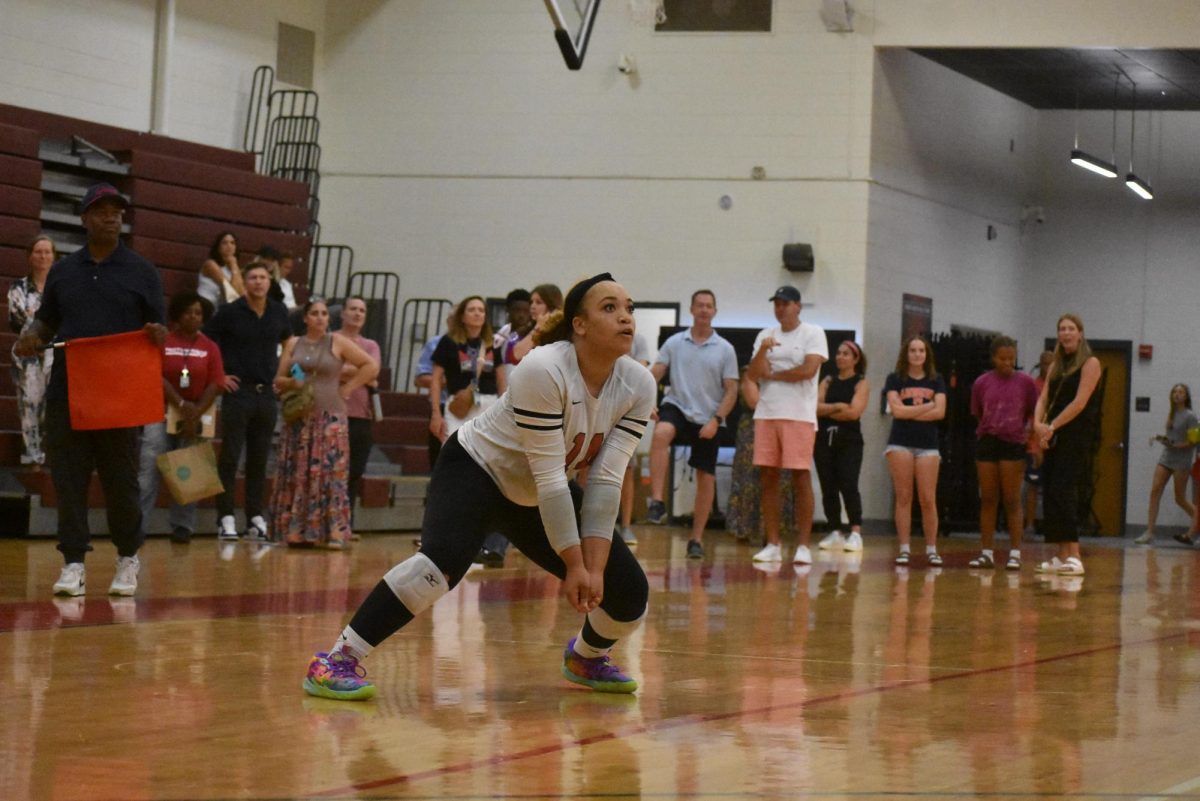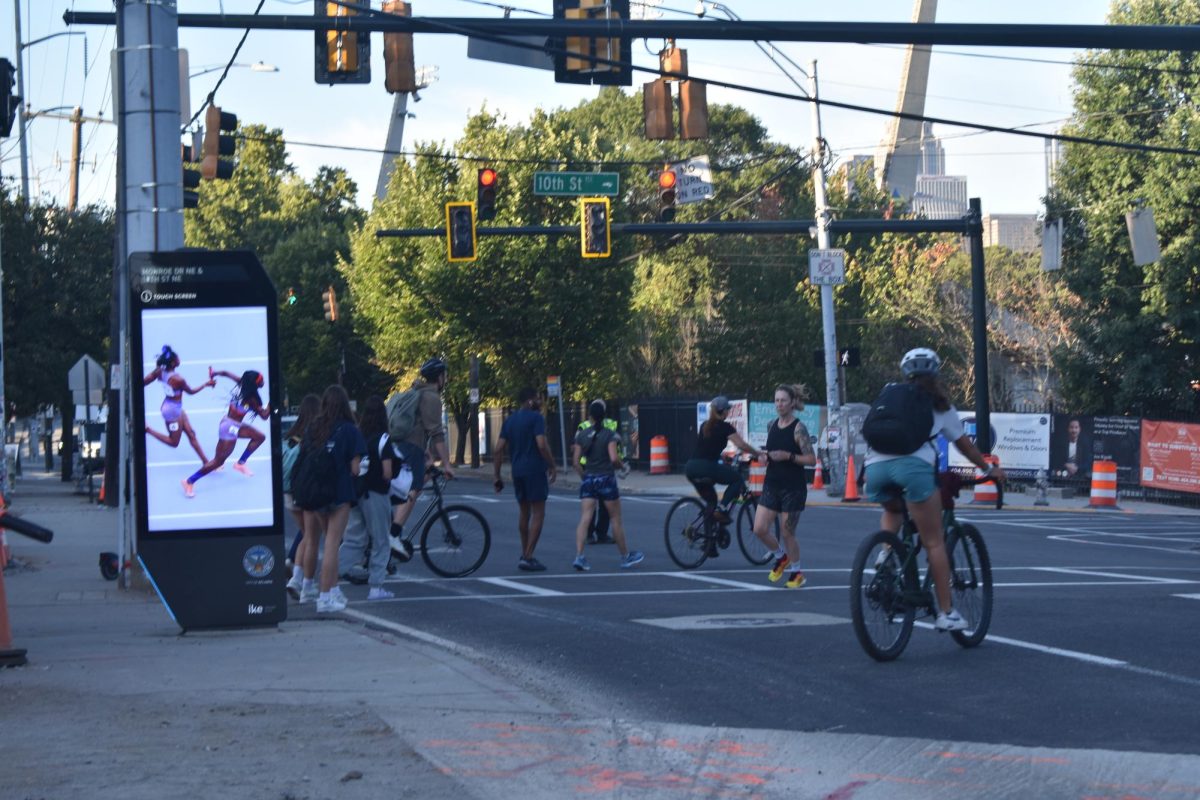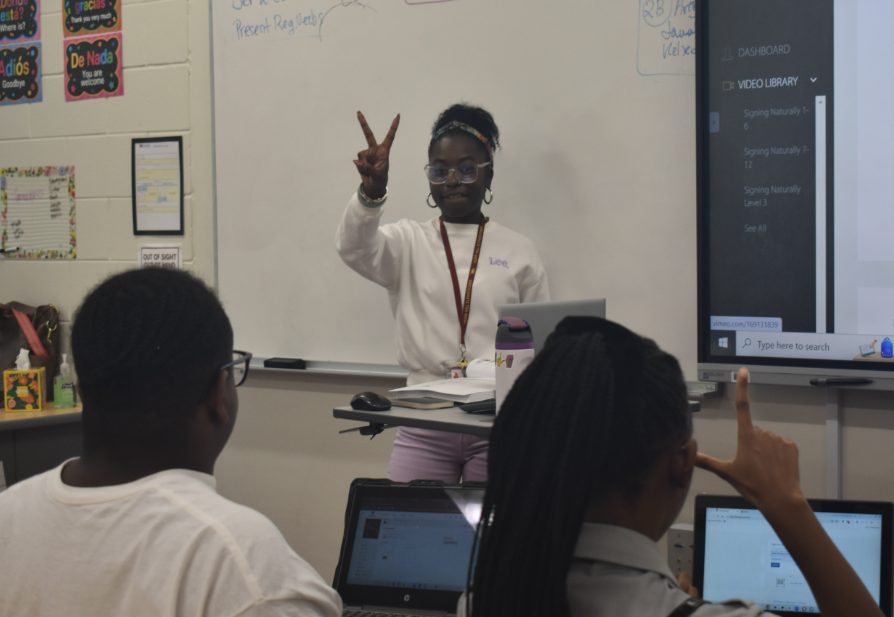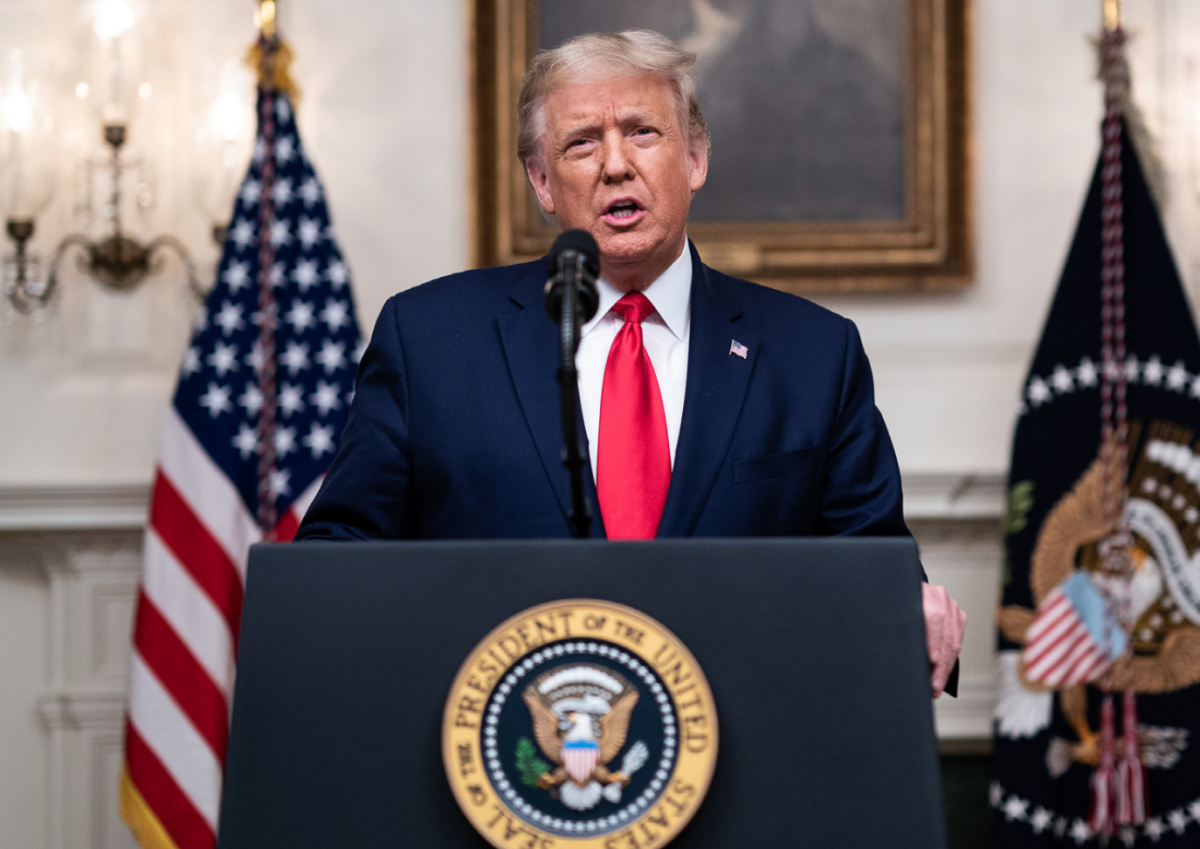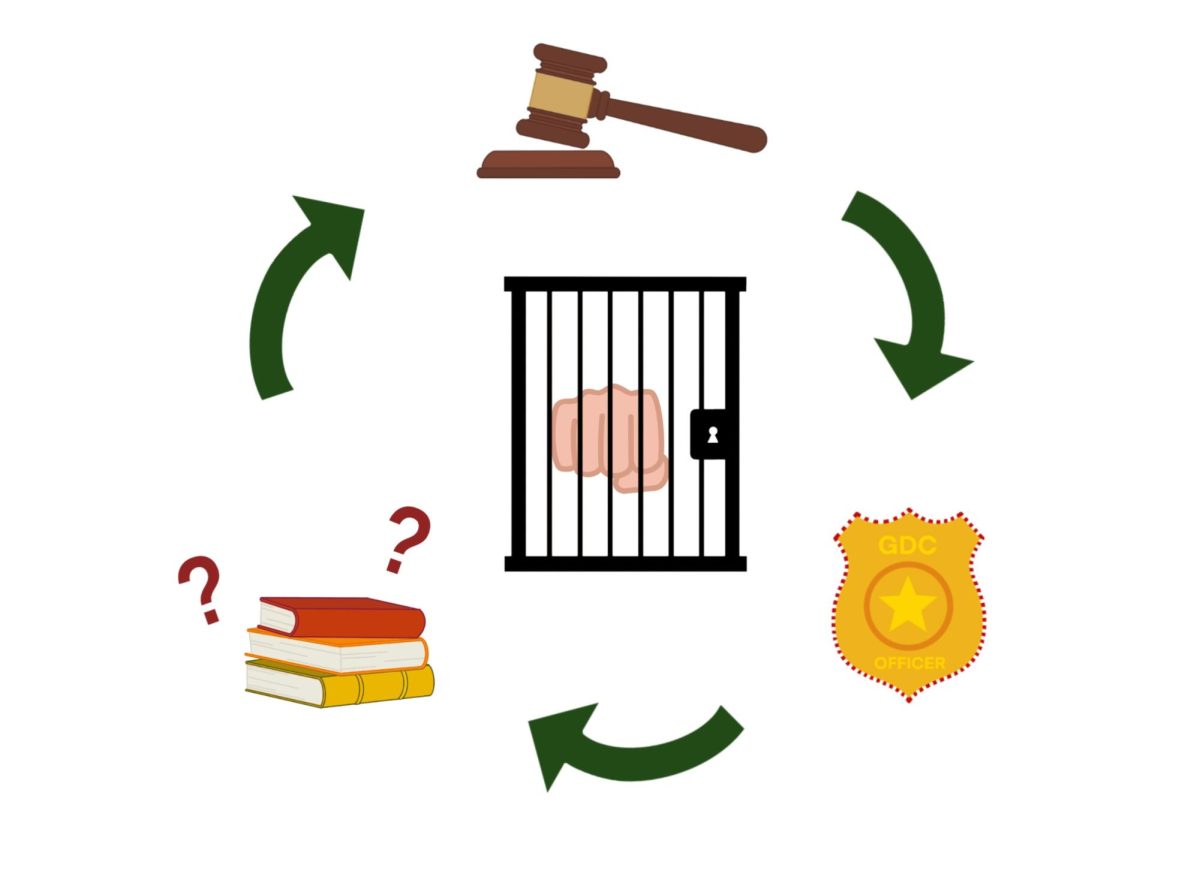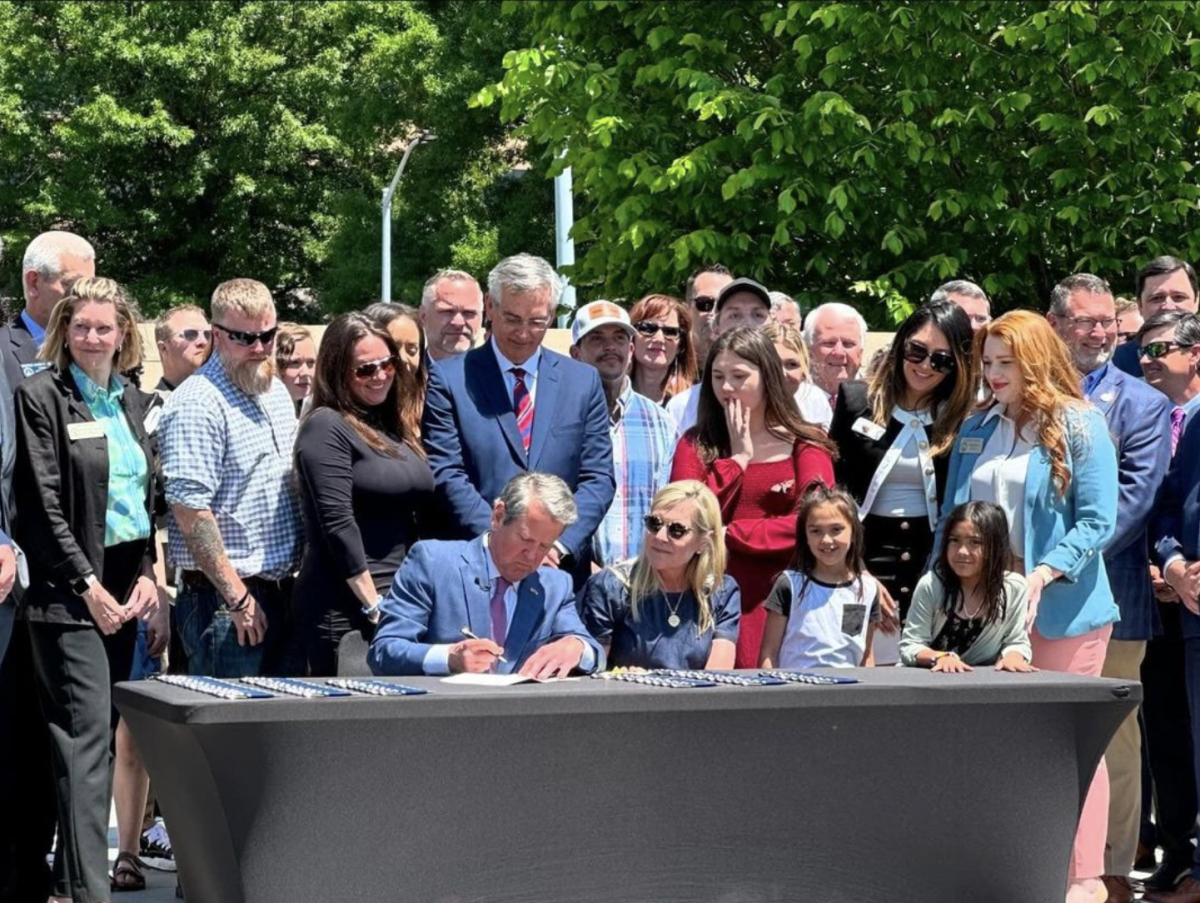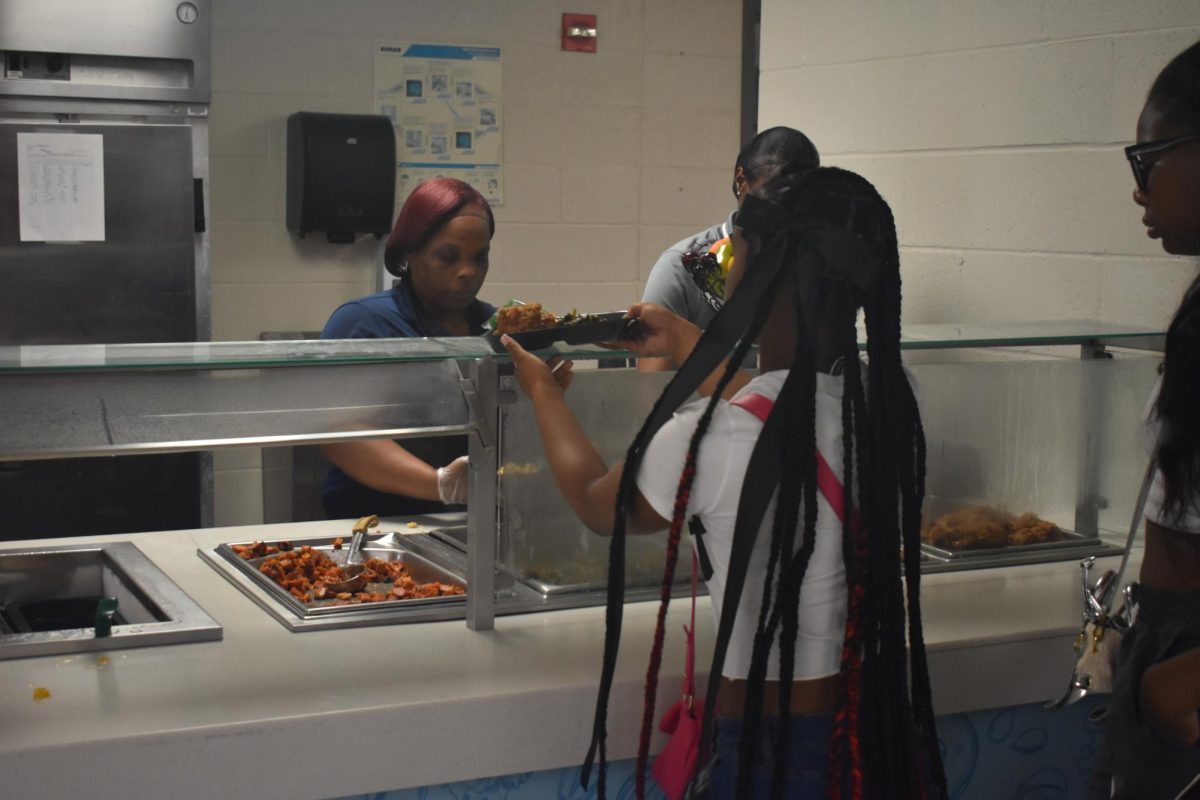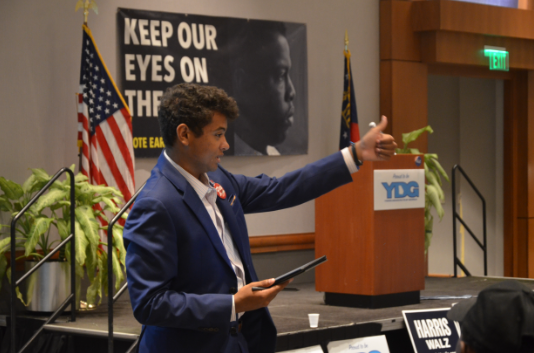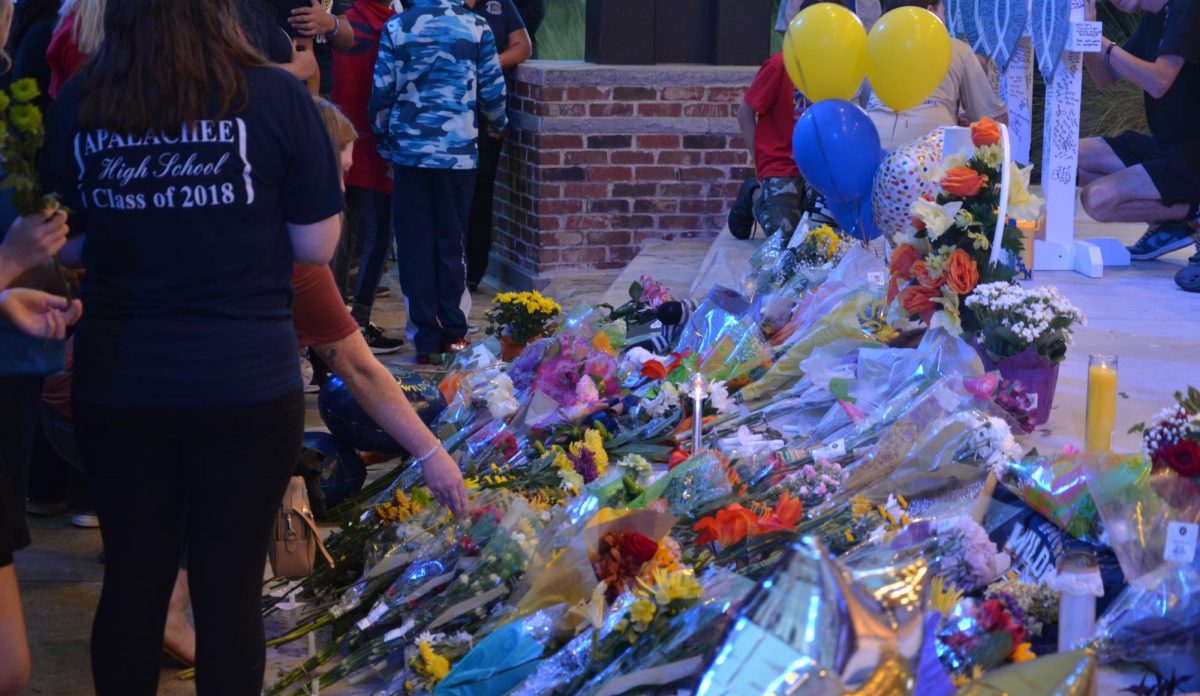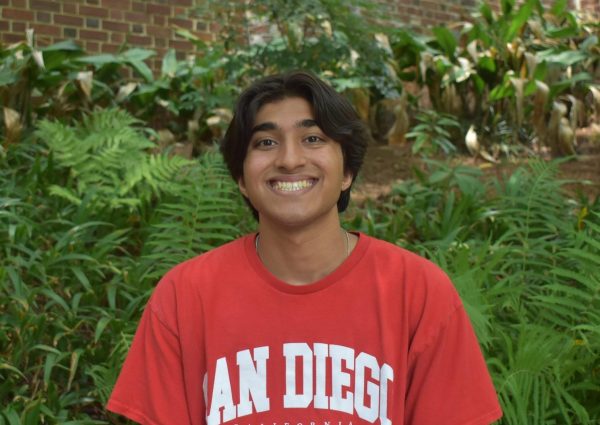The Atlanta Leaders for 100% Literacy (ALL) movement is urging Atlanta school board members to underscore the urgency of hiring a superintendent focused on student literacy outcomes.
Several of the district’s literacy initiatives this year have been led by interim Superintendent Dr. Danielle Battle, but her departure following this school year leaves the position open for the 2024-25 school year. The ALL movement, composed of 139 community leaders from a diverse range of professions, aims to bring about “immediate change for the future of every child” through the hiring of a superintendent, according to a letter from the organization to the school board.
Dr. Ryan Lee-James is Chief Academic Officer of the Atlanta Speech School and director of the school’s Rollins Center for Language & Literacy. She became involved with the ALL movement because she believes finding a superintendent who is aware of the literacy disparities in Atlanta is important.
“[The movement] is not just about kids who don’t have access, and I think that’s going to be a challenge for us in Atlanta,” Lee-James said. “There is such a great disparity, but we need a superintendent who can support all of our kids. That’s why it’s really exciting to get this letter signed by all of these Atlanta leaders because we know that it’s going to be a community effort.”
Lee-James appreciates the focus Battle has brought to literacy for the district this year, which includes the continued administration of MAP (Measures of Academic Progress) tests, investment in pre-K and kindergarten literacy programs and enhancements in teacher training.
“Not a lot of interim superintendents might get involved in something like this [literacy] thinking, ‘I’m gonna be gone in a year or so when they hire the next person,’” Lee-James said. “[But] I think what Dr. Battle is trying to do is establish and have some groundwork in this space to support the next superintendent who’s coming in, which I think is really exciting.”
Lee-James was part of a community forum in December that addressed student literacy, and she values experience and conversations.
“One thing that was really great about that panel was just a lot of like minds coming together,” Lee-James said. “We’re all focused on how we get every single child in our city access to literacy, and I think that that was really interesting. [The forum was] not political, but really just trying to ensure that kids get their basic needs met in school.”
Senior Arshia Larestani believes more conversations like this forum need to be conducted in the district.
“Literacy is key so that students can effectively communicate with one another and clearly get their message across without any misunderstandings,” Larestani said. “APS should make English less of a burden than it is and show the modern importance of literacy.”
Junior Rohan Reddy agrees with Larestani.
“Reading is important, and Atlanta has low literacy rates,” Reddy said. “A new superintendent can bring a new perspective, and if they work on literacy at a lower level, they can expand on this. It’s important to give everyone an equal opportunity with literacy, regardless of where they start.”
Lee-James believes improving literacy rates and intervening with students in the district will require a reallocation of district resources.
“We can achieve [literacy equity] in Atlanta, no doubt; we’ve seen evidence of it in other places in our country,” Lee-James said. “We think about individualization in terms of our students, [but] we need an individualized plan for each school that has been set up for success. It’s going to take a comprehensive, specific plan, school by school.”





